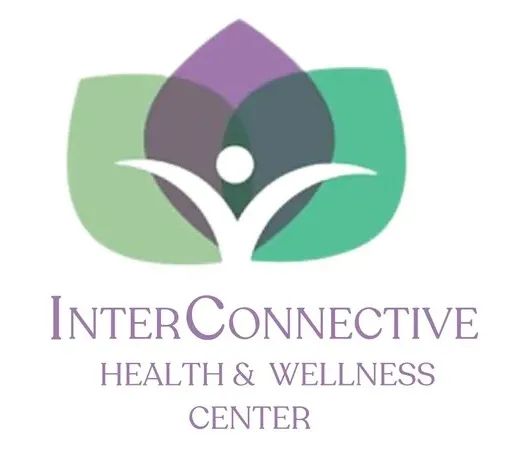Nutritional Counseling
Nutritional Counseling
Nutritional counseling involves working with a qualified healthcare professional, such as a registered dietitian or nutritionist, to assess and address dietary habits, nutritional needs, and health goals. The aim is to provide personalized guidance on making informed food choices that support overall health and well-being. Here are key aspects of nutritional counseling:
1. Assessment
A nutritional counselor assesses an individual's current diet, lifestyle, medical history, and health goals. This assessment may include factors such as age, gender, activity level, existing medical conditions, and dietary preferences.
2. Education
Nutritional counseling includes providing education on nutrition principles, understanding food labels, and learning about the role of various nutrients in the body. Clients may gain insights into portion control, meal timing, and overall dietary patterns.
3. Goal Setting
Based on the assessment, the counselor and client collaborate to set realistic and achievable nutrition goals. These goals may address weight management, disease prevention, improved athletic performance, or managing specific health conditions.
4. Personalized Plans
Nutritional counselors develop personalized dietary plans tailored to the individual's needs and preferences. These plans often consider factors like calorie intake, macronutrient distribution, and micronutrient adequacy.
5. Behavioral Changes
Nutritional counseling not only focuses on what to eat but also addresses behavioral aspects of eating. Counselors may help clients identify and modify unhealthy eating habits, emotional eating patterns, or barriers to adopting a healthier lifestyle.
6. Support and Follow-Up
Ongoing support and follow-up are essential components of nutritional counseling. Regular check-ins help assess progress, make adjustments to the plan as needed, and provide motivation to stay on track.
Nutritional counseling is beneficial for various purposes, including weight management, improving overall health, managing chronic conditions (such as diabetes or heart disease), and optimizing athletic performance.
